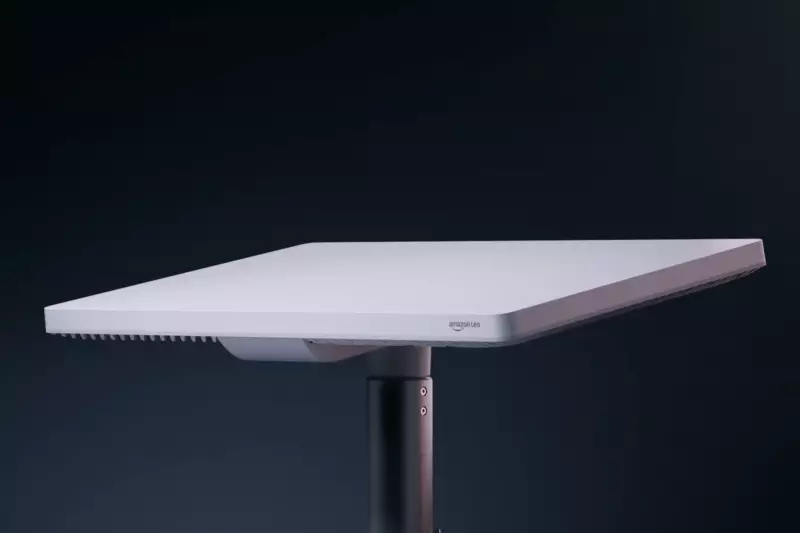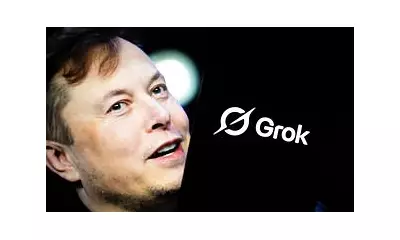
Amazon Launches High-Speed Satellite Internet to Challenge SpaceX
In a bold move that sets the stage for a new space race, Amazon has officially launched its Leo Ultra satellite internet service, positioning it as a direct competitor to SpaceX's dominant Starlink network. The announcement, made on 24 November 2025, claims the service offers the world's fastest commercial satellite internet, marking a significant escalation in the rivalry between tech titans Jeff Bezos and Elon Musk.
A David and Goliath Battle in Low-Earth Orbit
Currently, Amazon's constellation is a fraction of its rival's size, with just 150 satellites in operation. This represents less than 2% of the approximately 8,500 active satellites that comprise SpaceX's Starlink network, which currently controls about two-thirds of all active satellites in low-Earth orbit.
Despite this numerical disadvantage, Amazon is making a significant claim about performance. The company states its new Leo Ultra antenna can achieve download speeds of up to 1Gbps (gigabit per second), which it describes as "the fastest commercial phased array antenna in production". This claimed speed is roughly five times faster than the 200Mbps typically experienced by Starlink users in the US during peak hours.
Strategic Rollout and Future Expansion
The service is initially available only to a limited number of business customers, including early adopters like clean energy firm Hunt Energy Network, wireless connectivity company Vanu Inc, and airline JetBlue. This controlled launch is designed to allow Amazon to stress test the network and gather insights on how different industries might utilise the technology.
Chris Weber, Vice President of Consumer and Enterprise Business for Amazon Leo, emphasised the service's potential: "Amazon Leo represents a massive opportunity for businesses operating in challenging environments... we've designed Amazon Leo to meet the needs of some of the most complex business and government customers out there."
Marty St. George, President of JetBlue, commented on their decision to partner with Amazon: "Choosing Amazon Leo reflects our commitment to staying ahead of what customers want most when traveling, such as fast, reliable performance and flexibility in our free inflight Wi-Fi."
Looking ahead, Amazon has ambitious expansion plans. The company eventually aims to build a constellation of 3,236 Leo satellites, while SpaceX is looking to grow its own network to 12,000 Starlink satellites. A wider commercial rollout of Amazon Leo is expected next year, potentially bringing this high-speed satellite internet competition to consumers across the UK and beyond.





